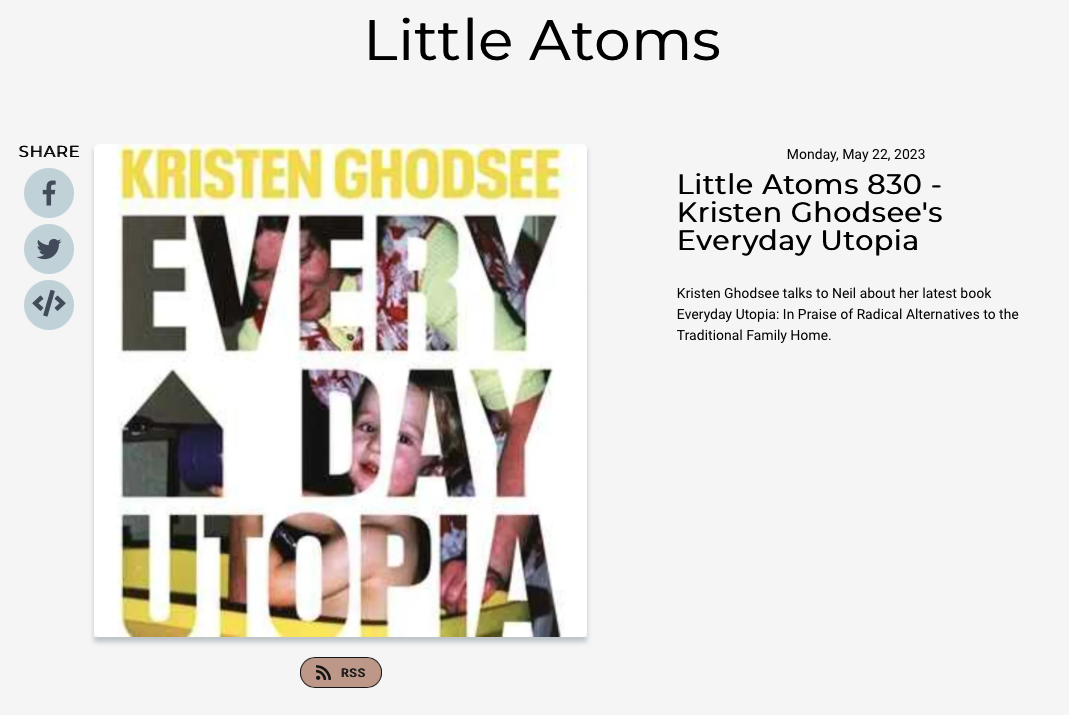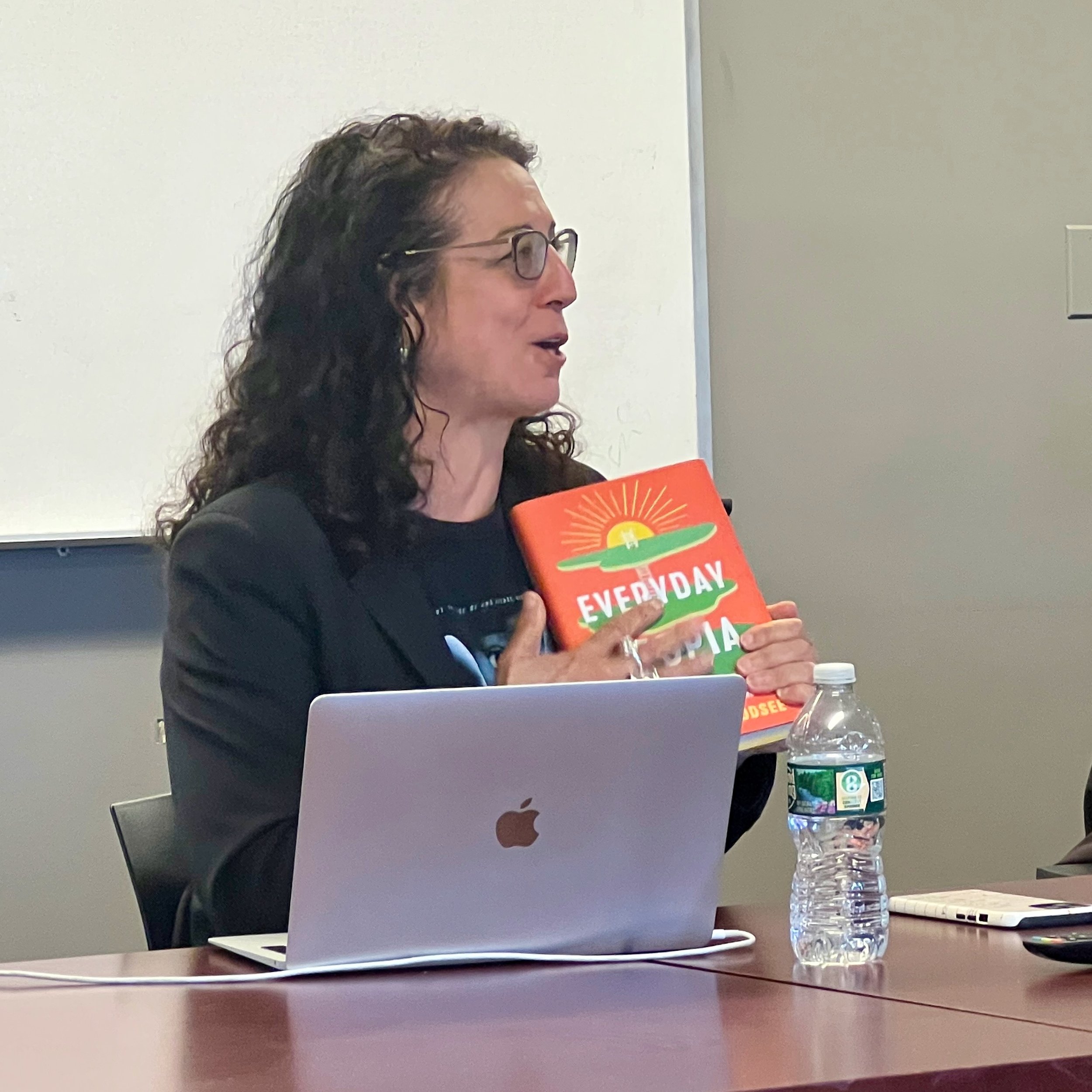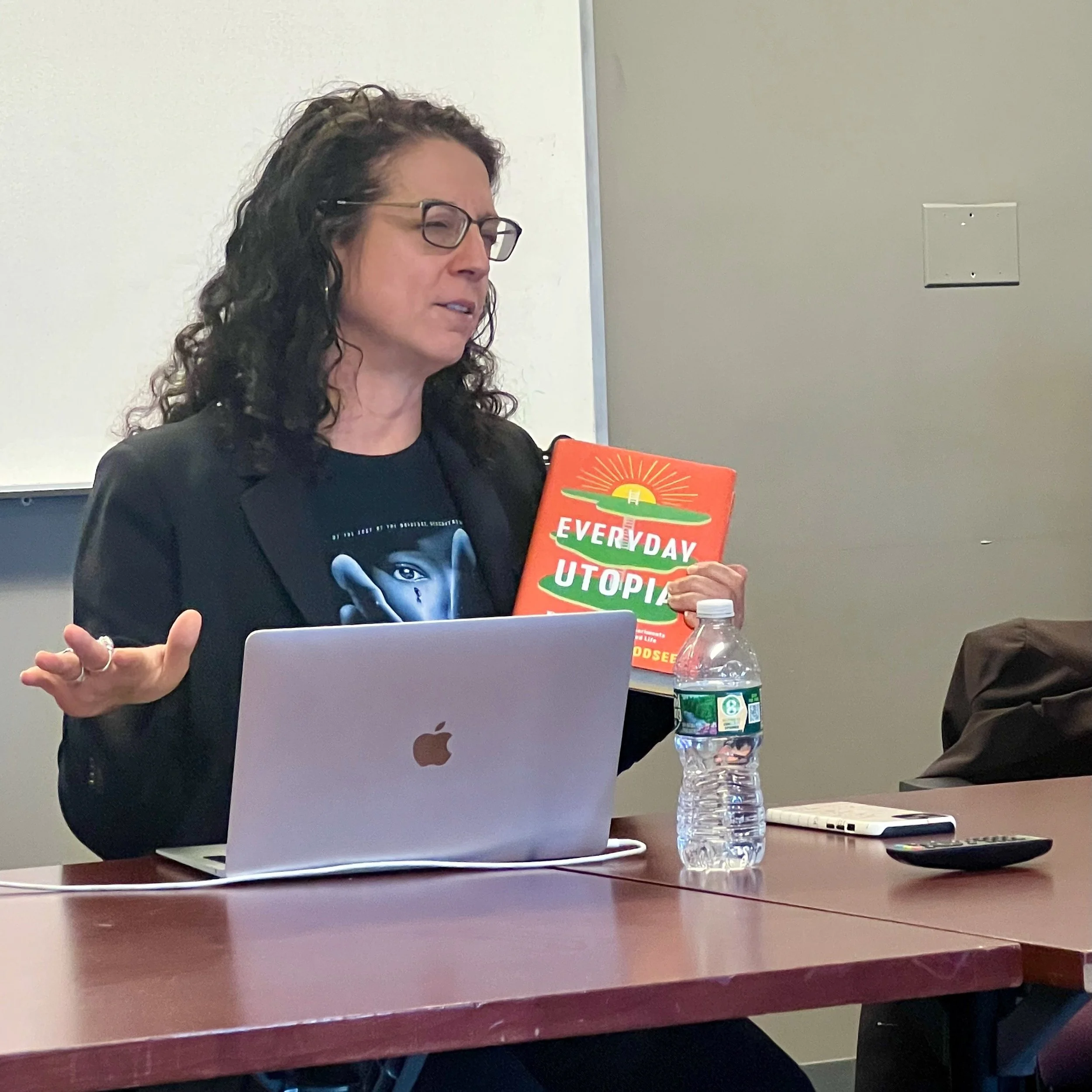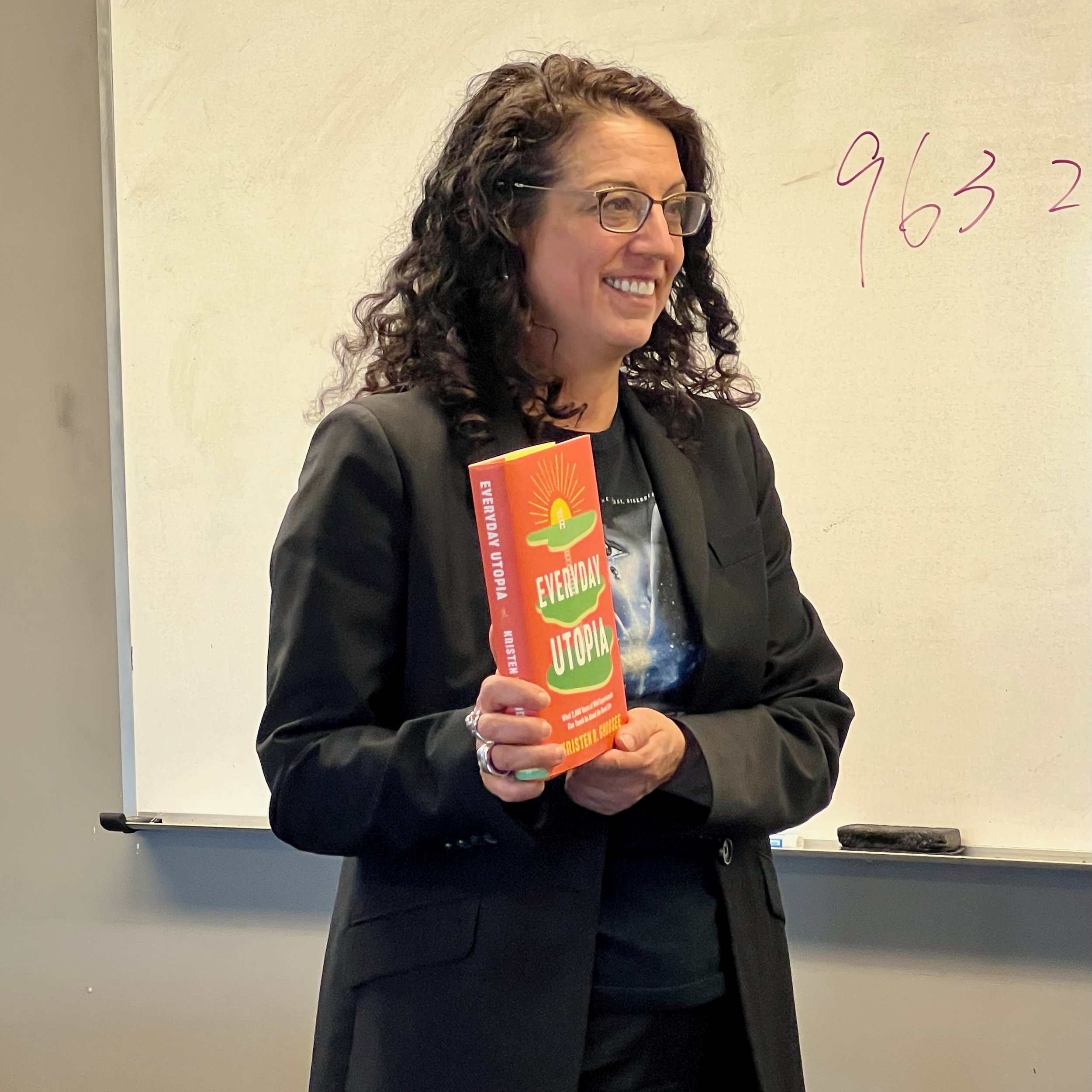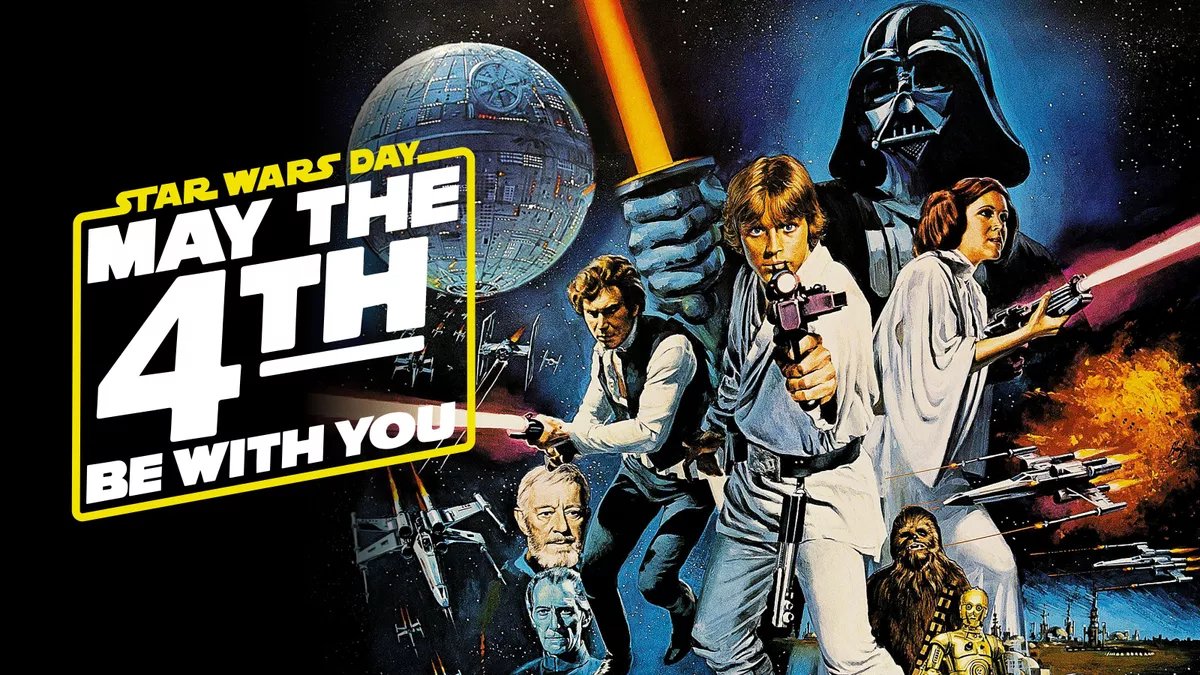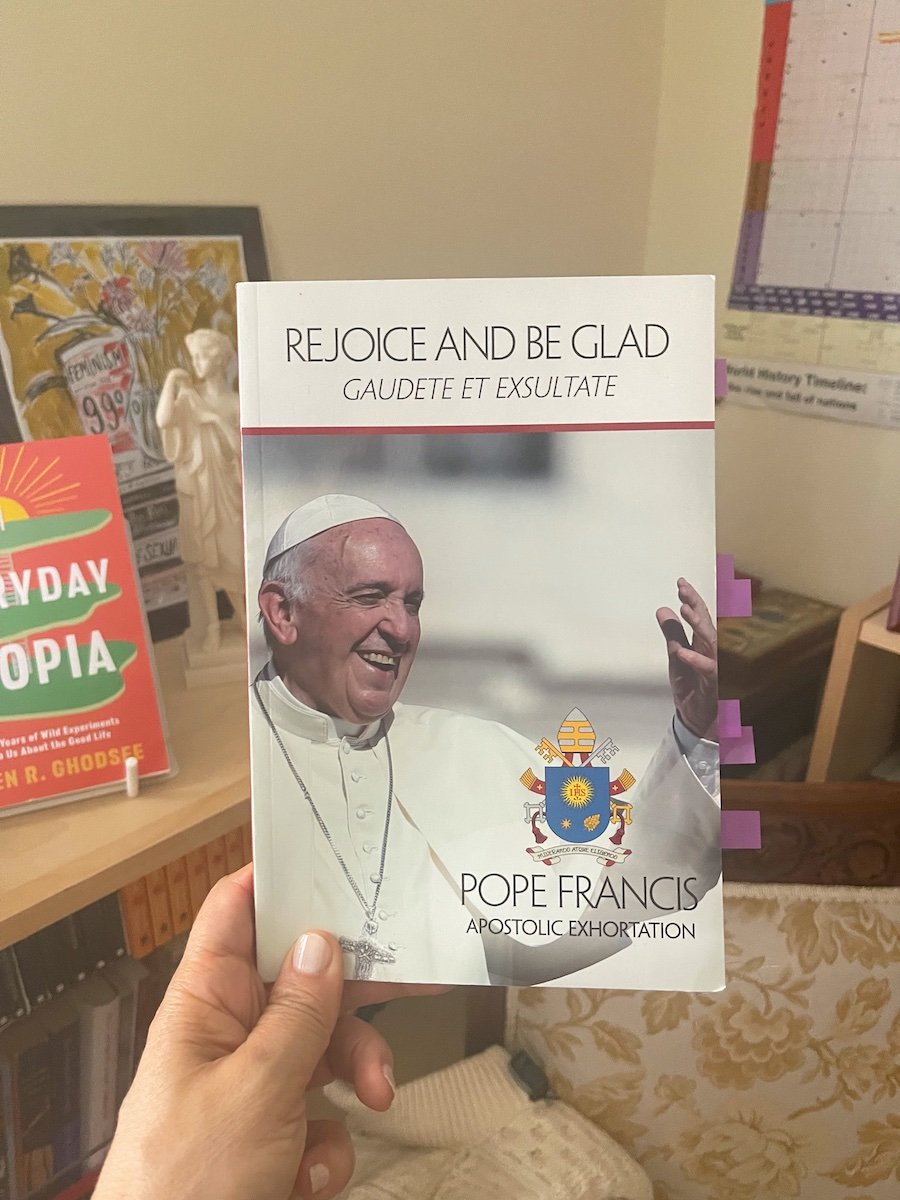I was absolutely delighted to be a repeat guest on Neil Denny’s excellent podcast, Little Atoms, to discuss Everyday Utopia. Neil always asks the smartest questions!
Podcast from my event at the Philadelphia Free Library →
This was such a great conversation with the brilliant Arwa Mahdawi! I was very nervous at first, but then her thoughtful questions really put me at ease.
2023 Reading Challenge: Ann Patchett's What Now?
Okay so this is technically cheating because this is a short essay rather than an actual book. But Patchett and her publisher cheated by publishing this as a book in the first place. It’s a graduation day speech, and it’s not a bad one, but it should not really be a book. I guess it is something to buy for your college grad when you can’t think of anything else.
2023 Reading Challenge: Arwa Mahdawi's Strong Female Lead
A thoughtful look on how feminine characteristics (or those characteristics that girls are socialized into cultivating more than boys) makes for effective leadership.
Summer reading recommendations on Lit Hub →
New podcast on Revolutionary Left Radio →
Another wonderful conversation with Brett O’Shea
Birth announcement
An excerpt of Everyday Utopia in Penn Today →
One of PW's Books of the Week! →
My first book event for Everyday Utopia at NYU
So thrilled to have had my very first book event for the Women and Gender History Luncheon at NYU.
Shooting all morning in Washington DC for a UK Channel 4 documentary film
Once again, I get to be one of those talking heads you see in documentary films about history; this time about Soviet women in combat in World War II
Happy Star Wars Day!
2023 Reading Challenge: On Hope by Pope Francis
“Hope is the ability to go beyond human reasoning, wisdom, and prudence of the world, beyond what is normally considered common sense, to believe in the impossible. Hope opens new horizons, making us capable of dreaming what is not even imaginable. This hope invites us to enter the darkness of an uncertain future and to walk through and into the light. It is beautiful, the virtue of hope; it gives us great strength to walk in life.”
2023 Reading Challenge: The Patriarchs
Such a great read from the amazing science journalist Angela Saini. I devoured this one in almost one sitting. An essential guide to understanding the origins and persistence of patriarchal power in the world today.
Spotted on the Staff Picks wall at McNally Jackson in Rockefeller Center
So happy to still be on the nonfiction staff picks wall!
2023 Reading Challenge: Fragments of an Anarchist Anthropology
A wonderful salvo by the incomparable David Graeber! This was the last book I taught for my anarchism class, and I wish we had had at least three class periods for discussion.
3 days only (April 26-28)! Preorder Everyday Utopia with 25% off in North America
3 days only (April 26-28)! Preorder Everyday Utopia with 25% off in North America on Barnes & Noble
Everyday Utopia to be featured on Science Podcast →
In 1999, historian Londa Schiebinger summed up two decades of feminist analyses of science by asking Has Feminism Changed Science? (1). The answer was “yes, but…” there was still work to do. Indeed, the study of sex and gender continues to affect scientific thought, and in 2023, Science will explore some of these influences in a limited podcast series. The team behind the series—host Angela Saini; Science books and culture editor, Valerie Thompson; Science podcast producer, Sarah Crespi; and myself—found a wealth of new work to consider. The series, announced today to coincide with Science’s special issue on human reproduction, will begin on 25 May 2023 and continue monthly thereafter for 6 months. During each broadcast, an author will discuss their distinctive take on the relationships—past, present, and future—between sex, gender, and science.
2023 Reading Challenge: Gaudete et Exsultate
So I decided to dive into this book by Pope Francis, because I love his implicit (and sometimes explicit) critique of capitalism and consumerism. It’s nice to have a spiritual perspective on many of the secular questions that I am grappling with in my own work and writing.
Professor Mommy in Chinese →
One of my students from China just told me that the Chinese translation of my co-authored book with Rachel Connelly, Professor Mommy: Finding Work/Family Balance in Academia is being discussed in China right now and has created a bit of a male backlash. Although the book is now over 10 years old, I think it still offers a lot of advice for young scholars of all genders, whether or not they have kids.

